
Semi monthly vs monthly payments
Semi-monthly payments refer to a payment schedule or frequency with installments occurring twice a month. Monthly payments, on the other hand, refer to a payment
Menu
Brand
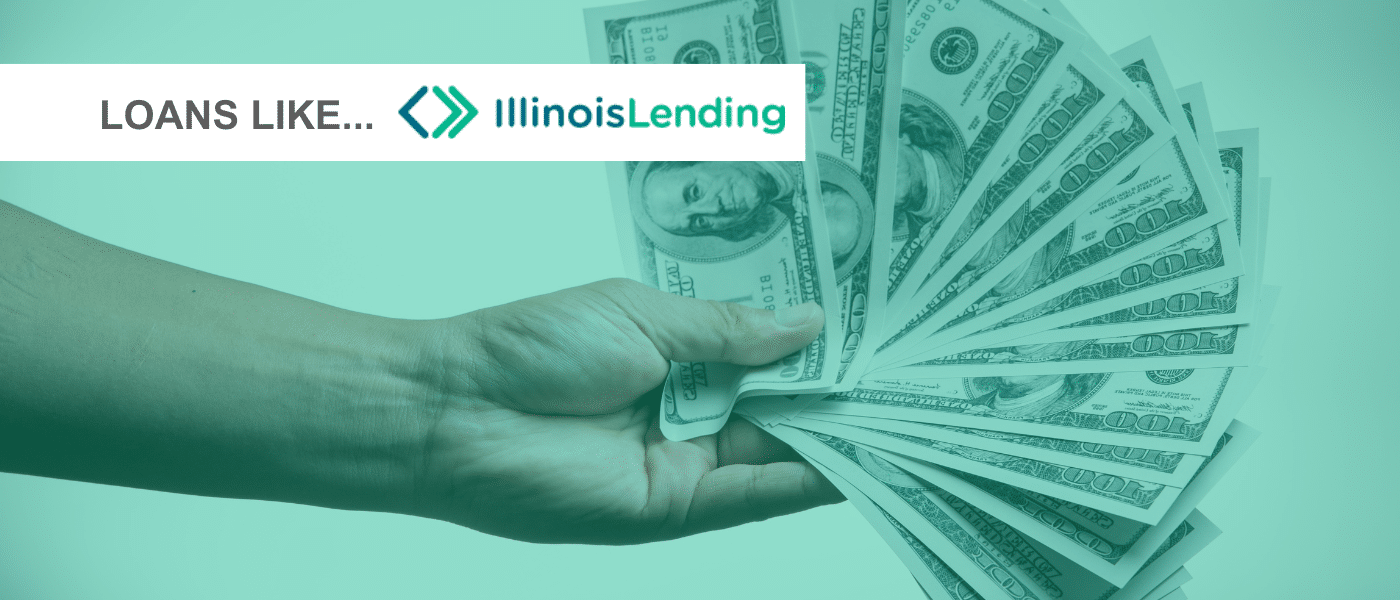
Comparing loan options can be tough, especially if you have good credit and lots of options to choose from. One lender you may be considering…
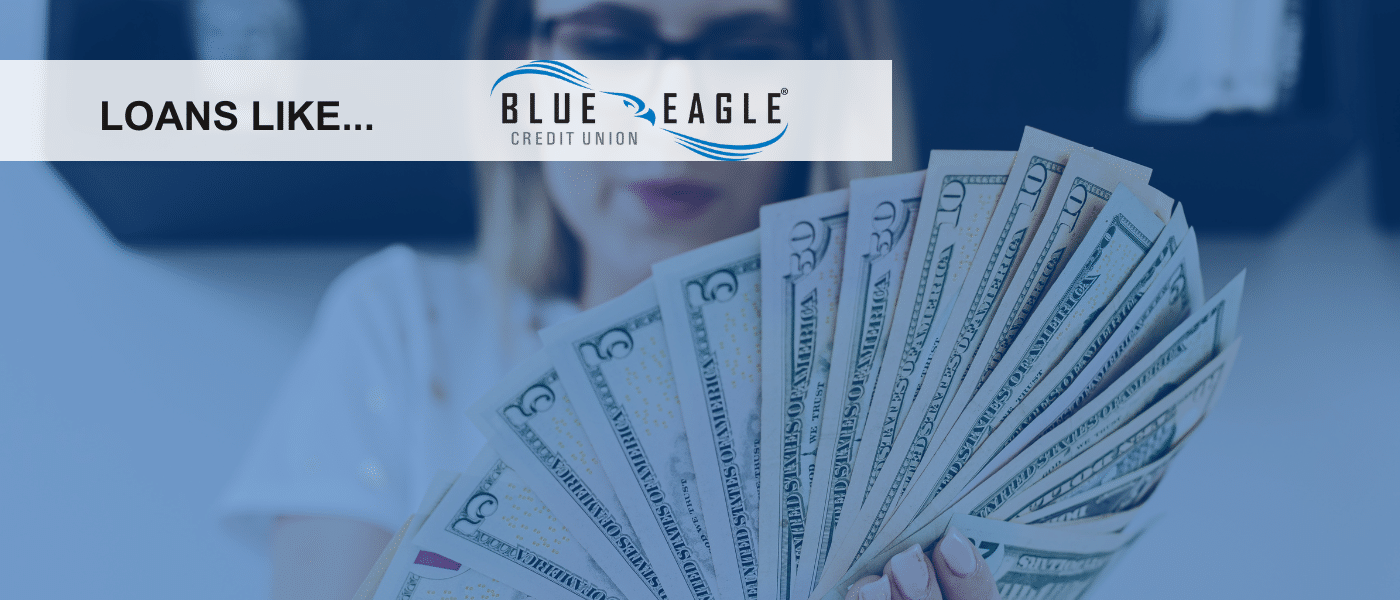
Unexpected expenses happen, and in some cases, a loan can be a helpful solution to a short-term need. When looking for loan lenders, you’ll likely…
Budgeting

Semi-monthly payments refer to a payment schedule or frequency with installments occurring twice a month. Monthly payments, on the other hand, refer to a payment…

Asking for financial help isn’t always easy; you may feel awkward or uncomfortable or even fear rejection. But did you know you have other options…
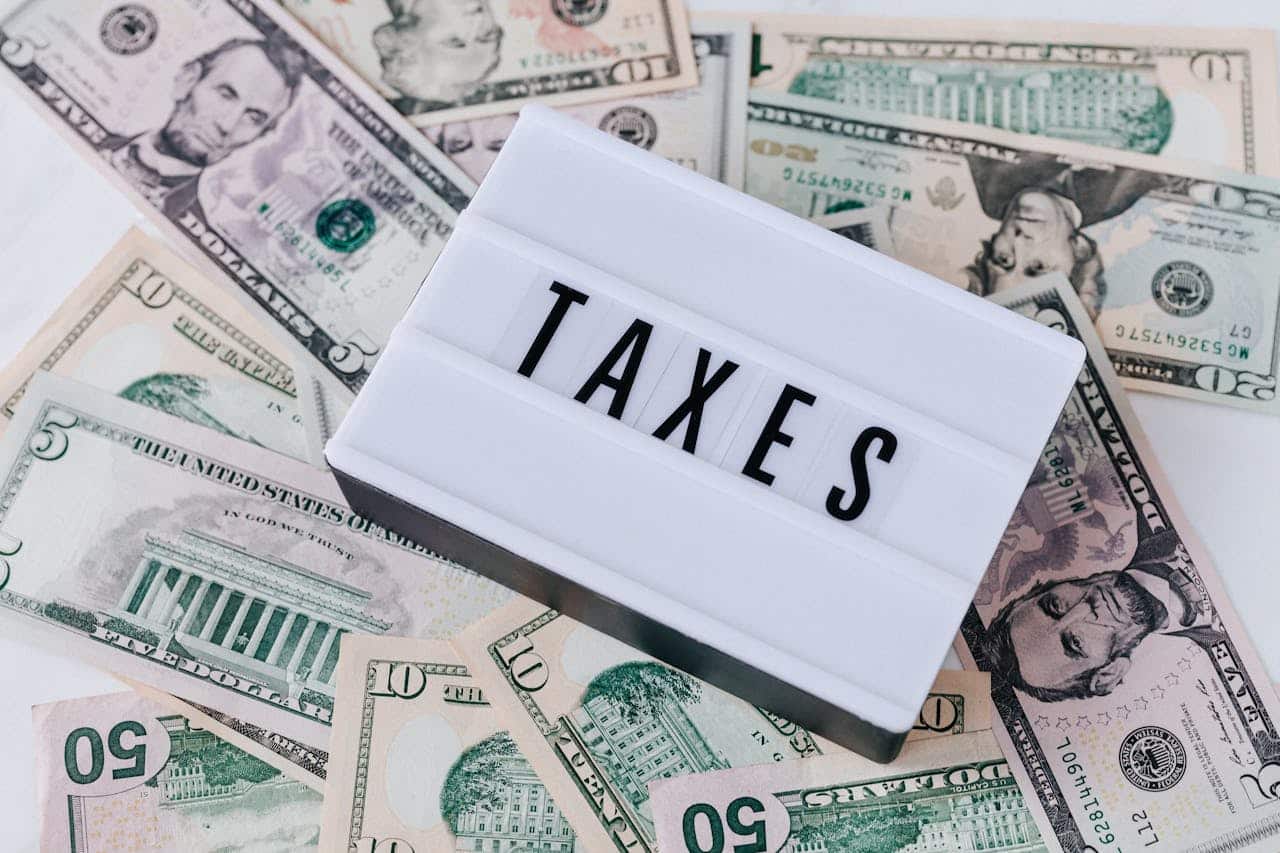
IRS tax forms, like a W-2 vs. W-4, differ in several ways, including who is responsible for filling out each form, what each form is…
Credit
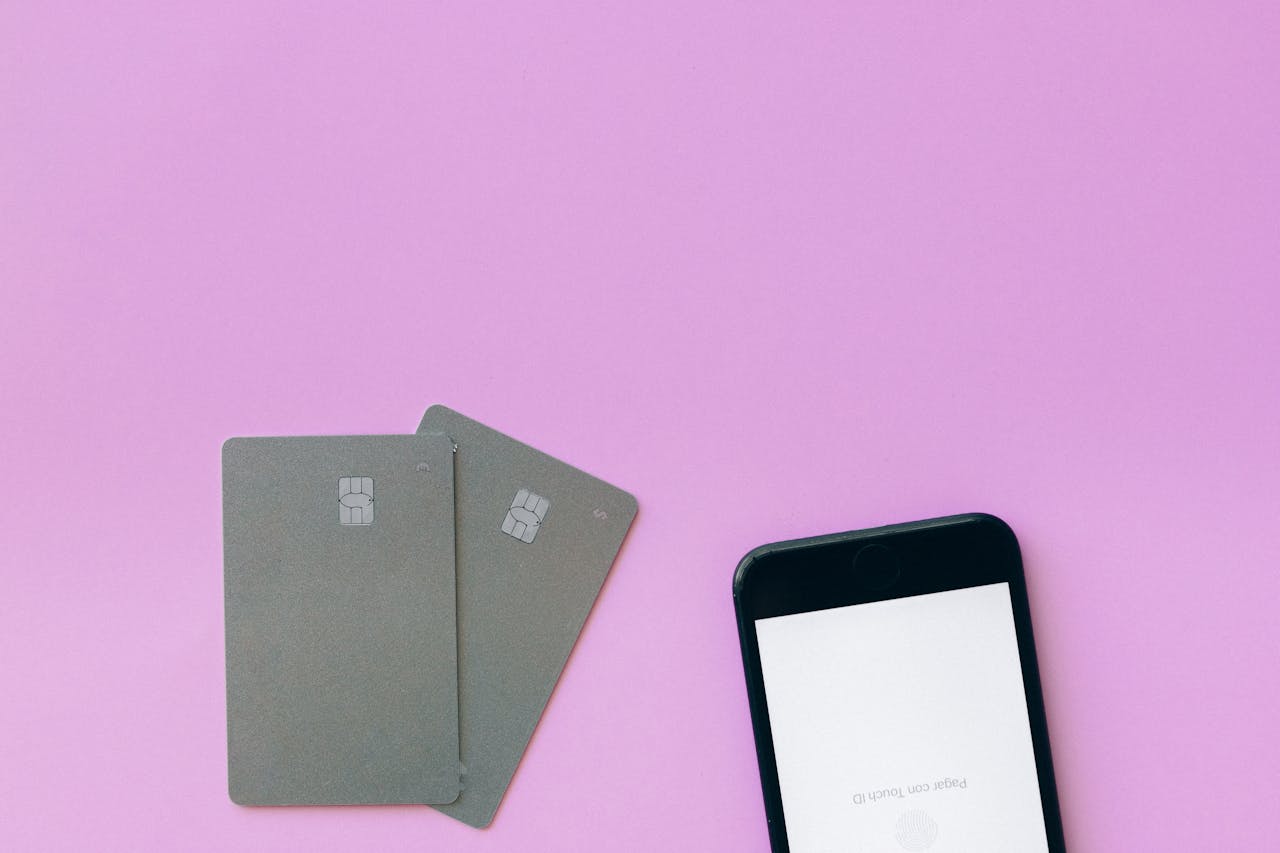
Credit cards are a popular borrowing choice for lots of consumers, and they are usually the first type of credit account that most people have…
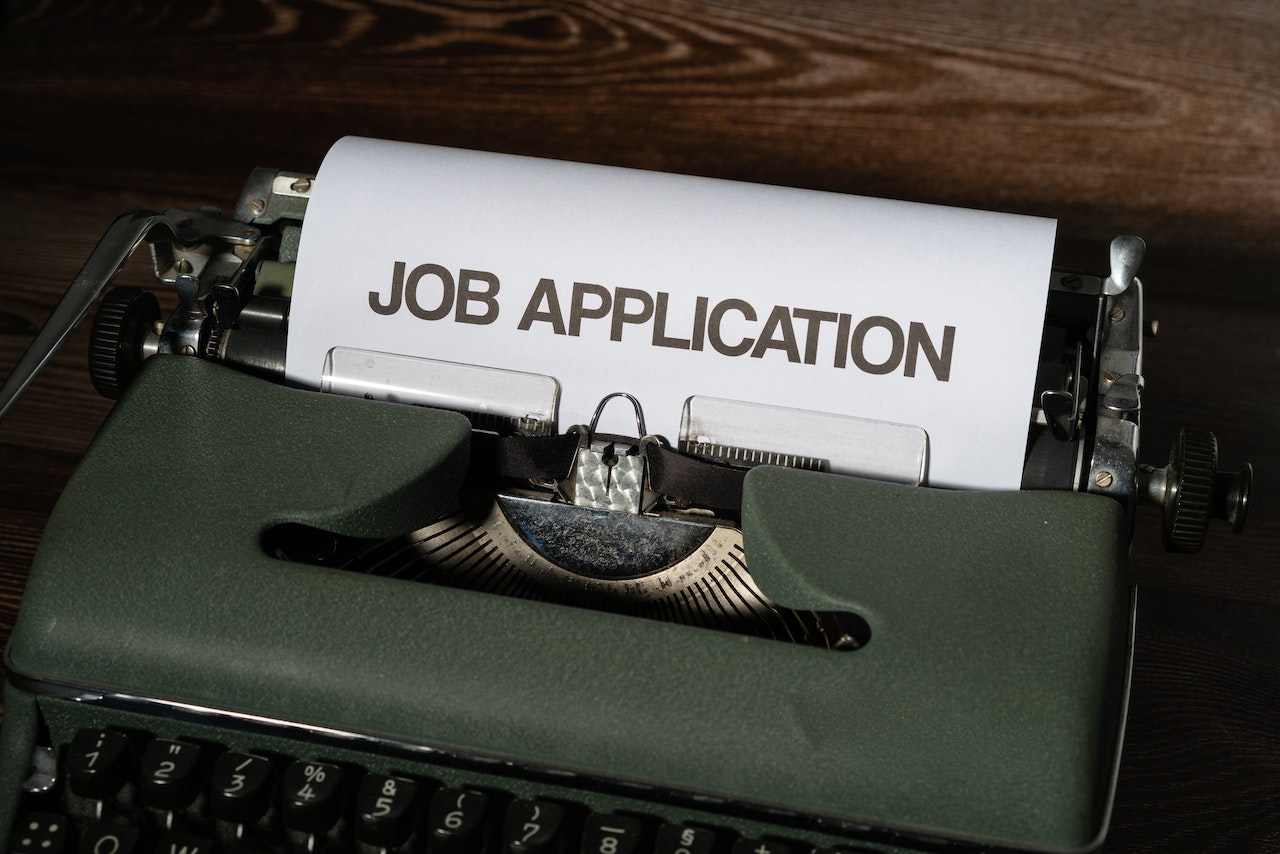
Options like secured credit cards, business credit cards, student credit cards, and credit cards with low limits may be options if you are unemployed. Unemployment…
View More
Debt

Options like secured credit cards, business credit cards, student credit cards, and credit cards with low limits may be options if you are unemployed. Unemployment…

While missing just one payment may not do severe damage to you as long as you are able to contact your lender and cover the…

A credit score simulator is a tool that can show you an estimate of the impact of your actions on your credit, actions such as…
Interest Rates

In most cases student loan interest is tax deductible. Here, you will learn about how taxable income works and how you may be able to…

Car loan rates can change depending on a few different factors, like the state of the economy and the index rate. If you are looking…
Loans

Semi-monthly payments refer to a payment schedule or frequency with installments occurring twice a month. Monthly payments, on the other hand, refer to a payment…

When you’re looking for an auto lender, it’s critical that you make comparisons to find the best deal on an auto loan. This is especially…
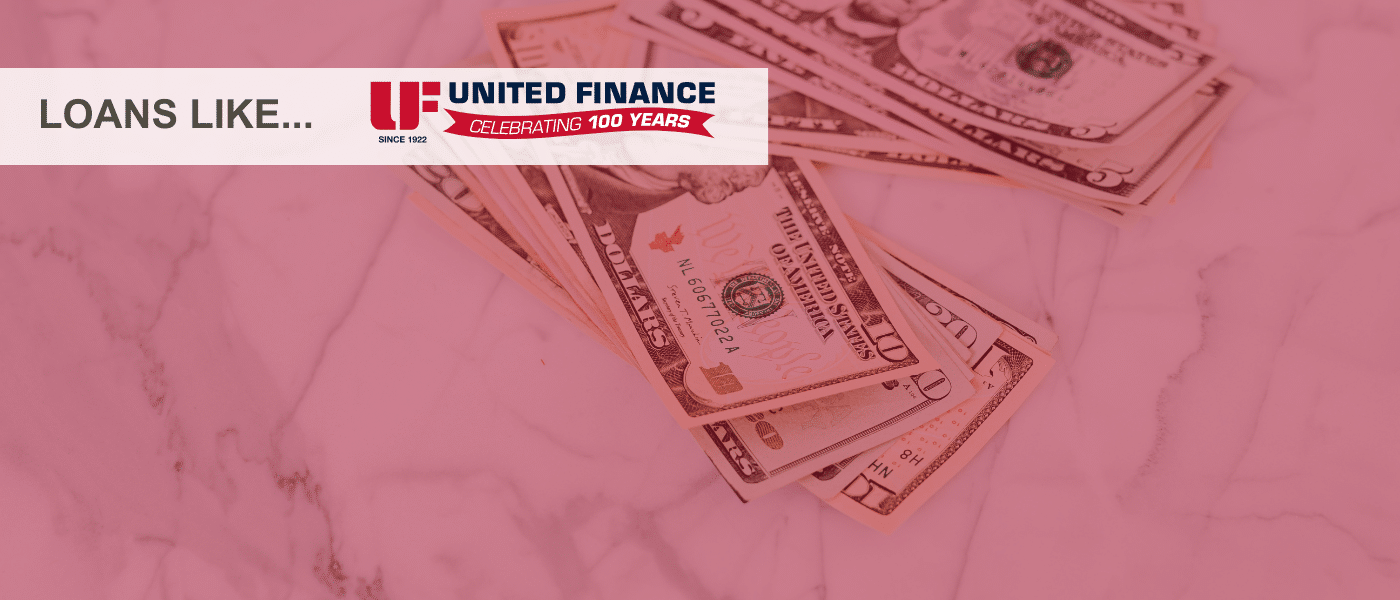
Personal loans can help you get quick cash in your checking account for car repairs, medical procedures, veterinary costs, and much more. There are numerous…
Quick And Easy Personal Loans Up To $2500*